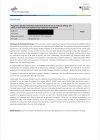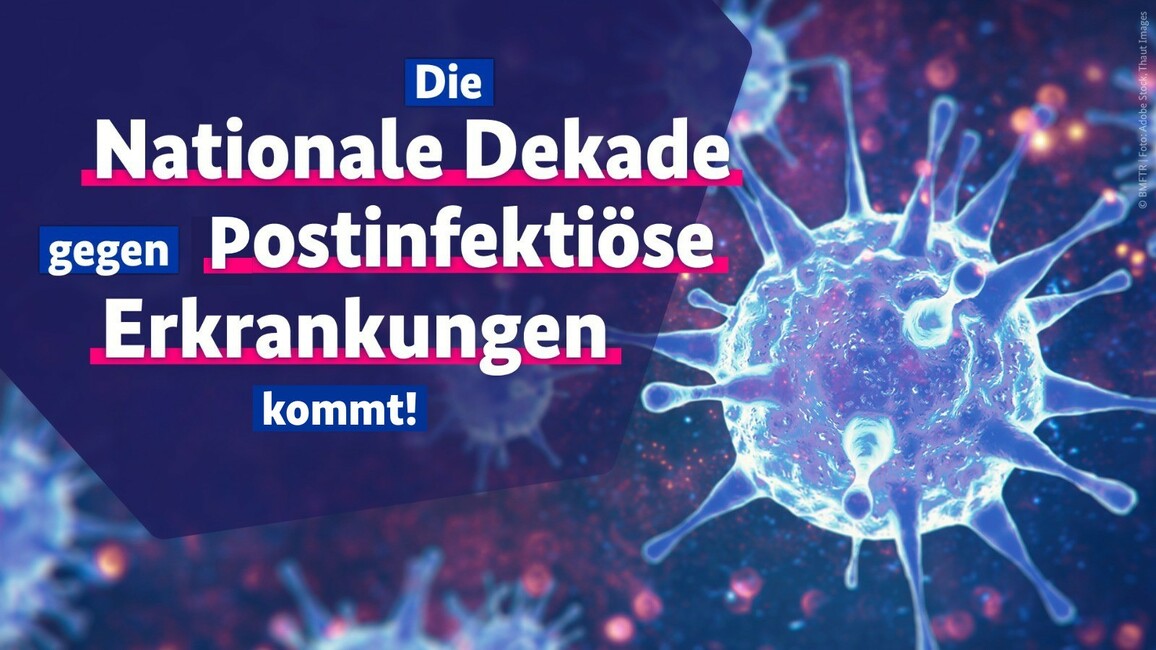rvallee
Senior Member (Voting Rights)
5001st time might be the charm! Literally the same junk, presented as innovative, as is tradition. You'd think failure is almost an addiction here.
Country promotes model project for seriously ill adults after infections

 sozialministerium.baden-wuerttemberg.de
sozialministerium.baden-wuerttemberg.de
People who suffer from severe physical impairments after infection should be better cared for in the future. The Ministry of Social Affairs is supporting a model project with around 400,000 euros.
...
The project “Health care Baden-Württemberg for adults with severe functional restrictions in the context of post-acute infection syndromes (SEVERE-PAIS)” runs from 1. November 2025 to 31. May 2027 and is headed by the Department of General Practice and Health Research of the University of Heidelberg under the direction of the Medical Director Prof. Dr. med. Attila Altiner performed.
...
With the project “SEVERE-PAIS” two innovative supply approaches are now being tested and scientifically accompanied:
Country promotes model project for seriously ill adults after infections

Land fördert Modellprojekt für schwer erkrankte Erwachsene nach Infektionen
Menschen, die nach einer Infektion unter schweren körperlichen Funktionseinschränkungen leiden, sollen künftig besser versorgt werden. Das Sozialministerium unterstützt hierfür ein Modellprojekt mit rund 400.000 Euro.
People who suffer from severe physical impairments after infection should be better cared for in the future. The Ministry of Social Affairs is supporting a model project with around 400,000 euros.
...
The project “Health care Baden-Württemberg for adults with severe functional restrictions in the context of post-acute infection syndromes (SEVERE-PAIS)” runs from 1. November 2025 to 31. May 2027 and is headed by the Department of General Practice and Health Research of the University of Heidelberg under the direction of the Medical Director Prof. Dr. med. Attila Altiner performed.
...
With the project “SEVERE-PAIS” two innovative supply approaches are now being tested and scientifically accompanied:
- Telemedicine care/multi-professional online support offer : For six months, regular medical visits, psychotherapeutic support and visits are carried out by so-called PAIS-Nurses – each via video consultations. GPs are involved in demand-oriented manner via case meetings. A total of 15 patients are treated.
- Seeking care: A multi-professional team visits those affected directly at home to provide medical and psychotherapeutic support on site. Regular medical visits and visits by a PAIS-Nurse as well as a psychotherapeutic online support are also carried out over a period of six months. Here, too, GPs are involved in a needs-based manner via case meetings and 15 patients are cared for.










